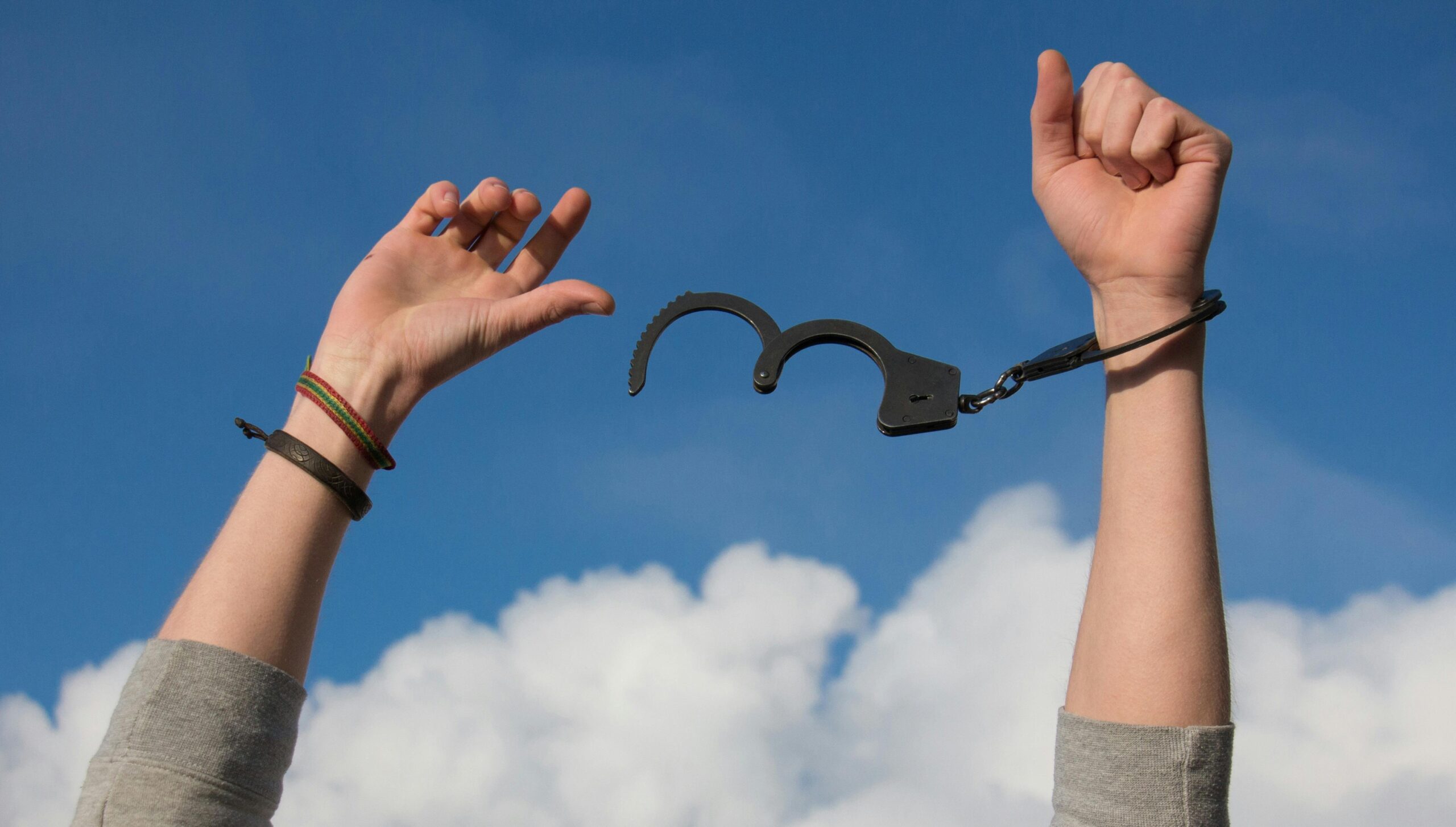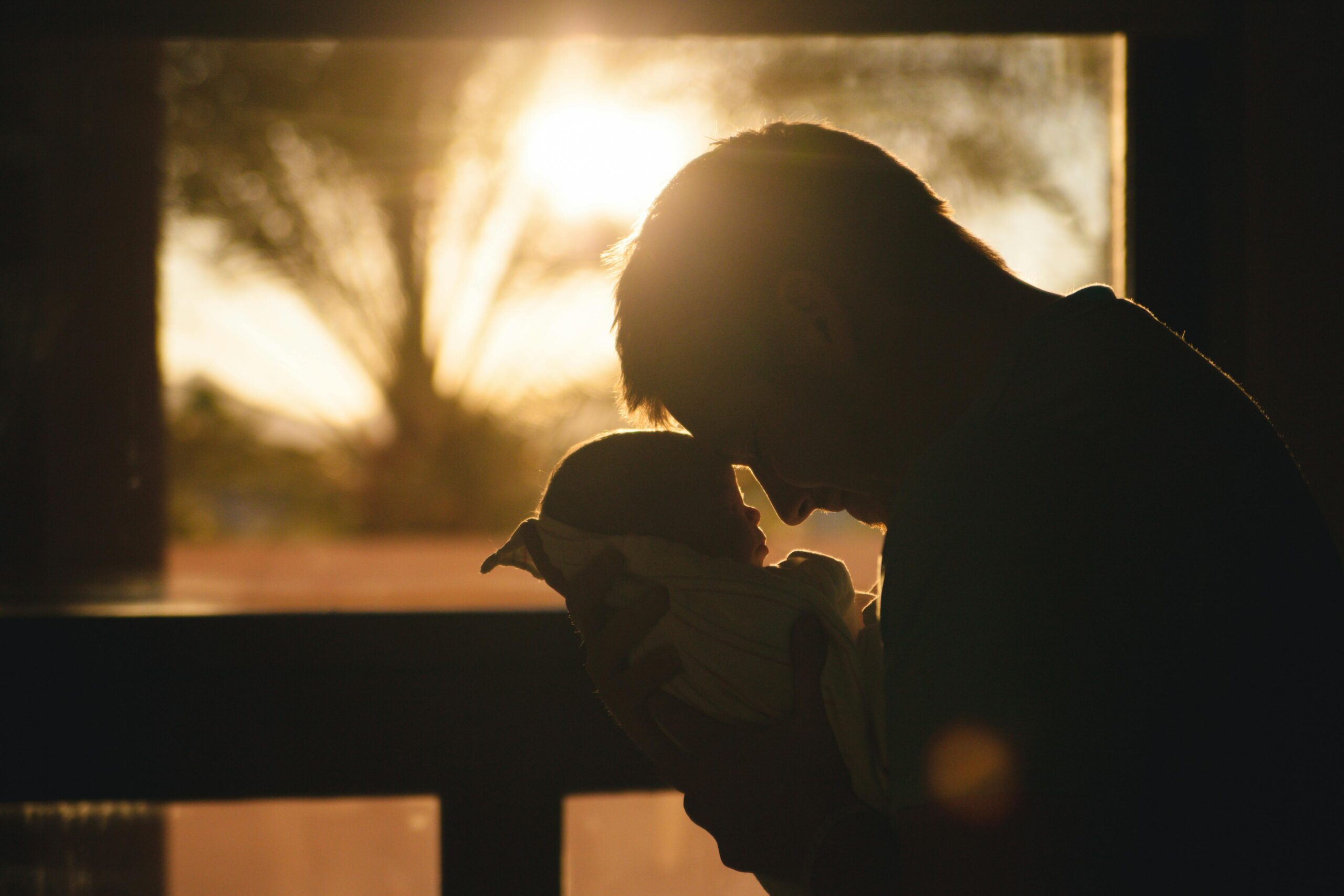A Long-Term Gambling Recovery Story of Freedom, Truth, and Healing
By Raymond
Three years ago, I was at rock bottom. My days revolved around online gambling—constantly chasing losses, hiding from loved ones, and drowning in a cycle of shame. This is my gambling recovery story, and I hope it helps someone out there feel less alone.
Living a Double Life
When my addiction was at its worst, I was living a painful double life—one that looked perfectly fine on the outside but was slowly crumbling within. To my family, friends, and even colleagues, I appeared to be functioning well. I smiled when I was supposed to, showed up to commitments, and kept up the appearance of someone who had things under control. But behind closed doors, I was drowning.
In reality, I was battling a growing mountain of debt and carrying a deep emotional emptiness that I couldn’t put into words. Gambling had become the center of my life. I would win ₱10,000 one night and feel unstoppable—only to lose ₱30,000 the very next day, chasing that high. The cycle was vicious, and I couldn’t escape it.
I lied constantly—to my loved ones and to myself. I borrowed money under false pretenses, telling people I needed it for bills, emergencies, or groceries, when in truth, it was all going to the casinos or online games. I became skilled at deception, always covering my tracks, always hiding the truth. The guilt of it all weighed heavily on me, but the pull to keep gambling was stronger.
As the losses piled up, so did the shame. I started isolating myself, avoiding calls and making excuses not to attend family events or meet with friends. I couldn’t bear the thought of facing them—of looking them in the eye while carrying such a heavy secret. My addiction had turned me into someone I no longer recognized, someone I was deeply ashamed of.
Finding My Breaking Point
Everything came crashing down when my bank account hit zero and I couldn’t pay back a close friend. That was my wake-up call. The guilt, the fear, and the pain were finally too loud to ignore. I admitted I had a problem, and I reached out for help.
What Help Looked Like for Me
I started small. I joined an online support group for gambling addiction. I also read stories from others who had walked this path—it made me realize I wasn’t alone, and that healing was possible.
Eventually, I created a daily recovery plan that included journaling, check-ins with a sponsor, and avoiding all gambling triggers (like e-wallets, betting pages, and idle time on my phone). These all helped in my long-term gambling recovery.
The Truth That Set Me Free
What really helped was learning to be honest—with others and with myself. The lies were exhausting. Once I started owning my truth, I began to feel a sense of peace I hadn’t known in years.
It wasn’t easy. I had urges. I relapsed once. But I got back up. And with the help of my support system, I found the strength to keep going.
Three Years Free
Today, I’m proud to say I’ve been free from gambling for three years. I no longer live in fear or secrecy. I’ve repaired relationships, started saving again, and most importantly, I’ve rediscovered who I am without gambling.
If you’re reading this and struggling, know this: you are not your addiction. You are capable of healing. Take it one day at a time. Reach out. You don’t have to do this alone. Visit our recovery stories and guides for more insights and inspiration.
Related Long-Term Gambling Recovery Resources
- What Life After Gambling Addiction Really Looks Like
- What to Do After a Gambling Relapse
- How to Tell Someone You’re Struggling with Gambling
FAQs about Long-Term Gambling Recovery
How long does it take to fully recover from gambling addiction?
There’s no single timeline. Recovery is ongoing. Some people see progress in a few months, while others need years. What matters most is consistency and support.
Can I recover from gambling without professional help?
While many recover using self-help tools, counseling or support groups significantly increase success rates. It’s okay to seek help—you don’t have to do this alone.
Is it normal to relapse during recovery?
Yes. Relapses are common, but they don’t mean failure. What’s important is how you respond. Reflect, get support, and get back on track.





